In a startling confession, President Yoweri Museveni of Uganda publicly acknowledged that his security forces abducted two Kenyan nationals and held them in secret detention—describing their confinement with the chilling phrase “in the fridge.”
This admission, made during a televised interview on November 9 2025, sends shockwaves through diplomatic and human-rights circles.
The Incident Unveiled.
The two Kenyans, identified as Bob Njagi and Nicholas Oyoo, were released late on Friday, November 7, after 38 days in Ugandan custody. Both activists were allegedly abducted in Kampala on October 1 following their participation in a political event linked to Ugandan opposition leader Robert Kyagulanyi (also known as Bobi Wine).
President Museveni admitted the abduction during an interview with Uganda Broadcasting Corporation (UBC), saying, “We arrested two Kenyans … they were working with Kyagulanyi’s group; they are experts in riots. … Of course, … we picked them up and they have been in the fridge for some days.”
Diplomatic and Legal Repercussions.
Diplomatic Strain: Kenya’s government confirmed that Njagi and Oyoo were handed over at the Busia border crossing and are reportedly safe, but the admission of abduction by the neighbouring government raises serious diplomatic concerns.
Human Rights Alert: The activists claimed they were tortured and held incommunicado at a military installation in Entebbe. The term “in the fridge” is being interpreted as a euphemism for isolated, cold-cell detention.
Precedent for Rights Abuses: Civil society groups note that this case may indicate a pattern of cross-border abductions and political repression in the region, involving Kenyan citizens and Ugandan security apparatus.
Why This Matters.
Violation of Sovereignty and International Norms: The abduction and undisclosed detention of foreign nationals by another sovereign state constitutes a breach of international law and bilateral trust.
Regional Stability at Risk: Kenya-Uganda relations now face a volatile juncture—public admission of abduction can deepen mistrust and complicate cooperation on security, trade and diplomacy.
Protection of Activists: The case highlights increased vulnerability of activists operating across East Africa’s borders and raises questions about safeguards against state-sponsored disappearance.
What to Watch Next.
Official Kenyan Response: Nairobi is expected to demand a full investigation, accountability and safeguards for its citizens abroad. How the government frames its response will signal how far the diplomatic repercussions will go.
Ugandan Government and Military Reaction: Museveni’s admission sets the stage for official clarifications, possible military or intelligence agency explanations and regional condemnation or defence.
International Oversight: Human rights bodies and regional institutions such as the African Commission on Human and Peoples’ Rights may initiate inquiries into the detentions and conditions of custody.
Implications for Activism and Civil Society: The incident may have a chilling effect on cross-border activism in East Africa—activists will need to reassess risks and governments may increase monitoring.


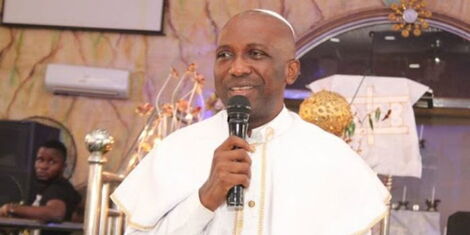
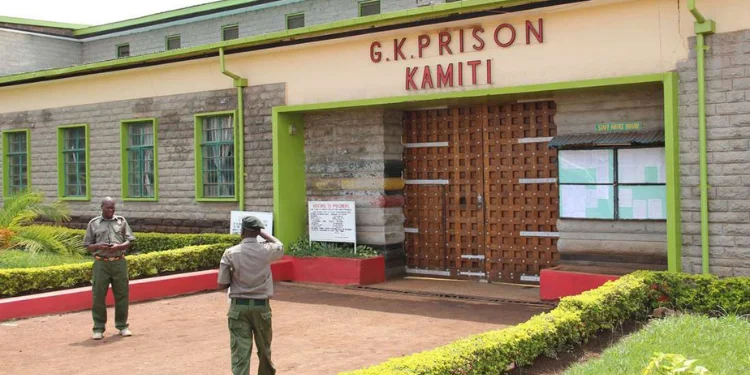



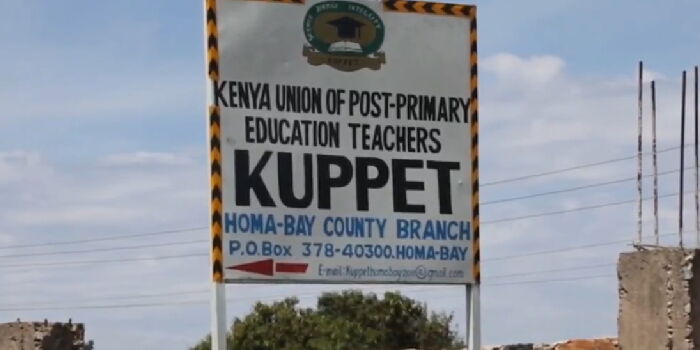


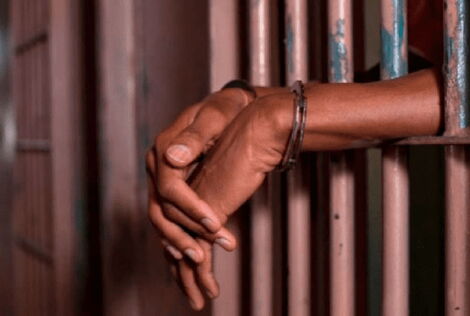
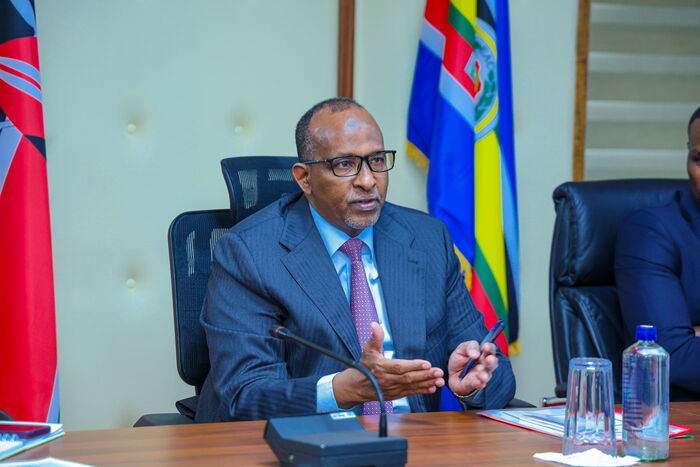

Leave a Reply